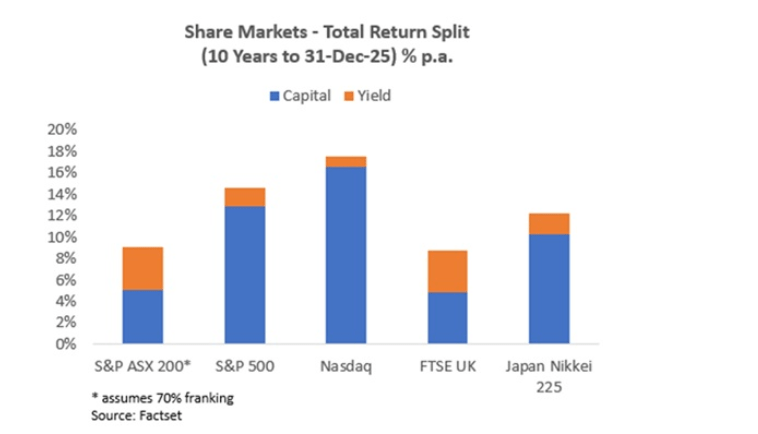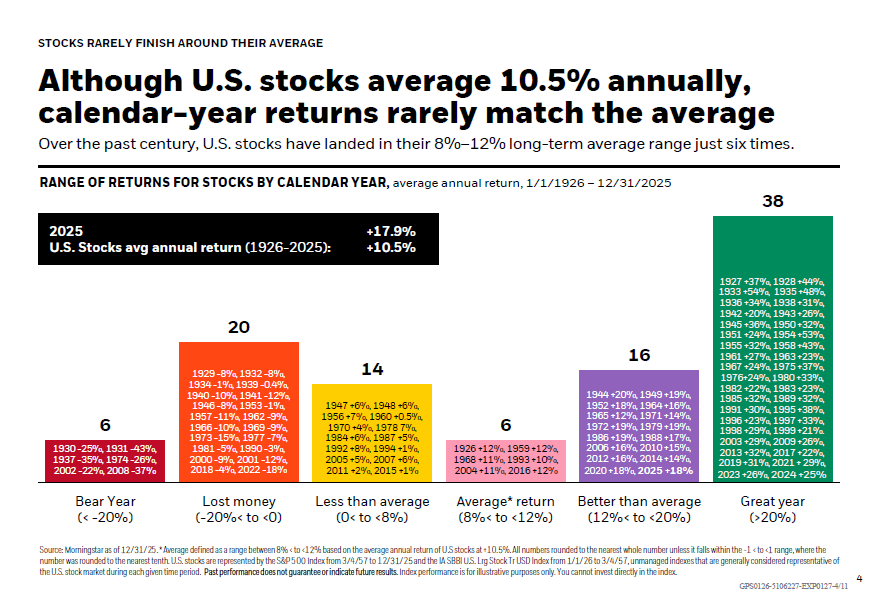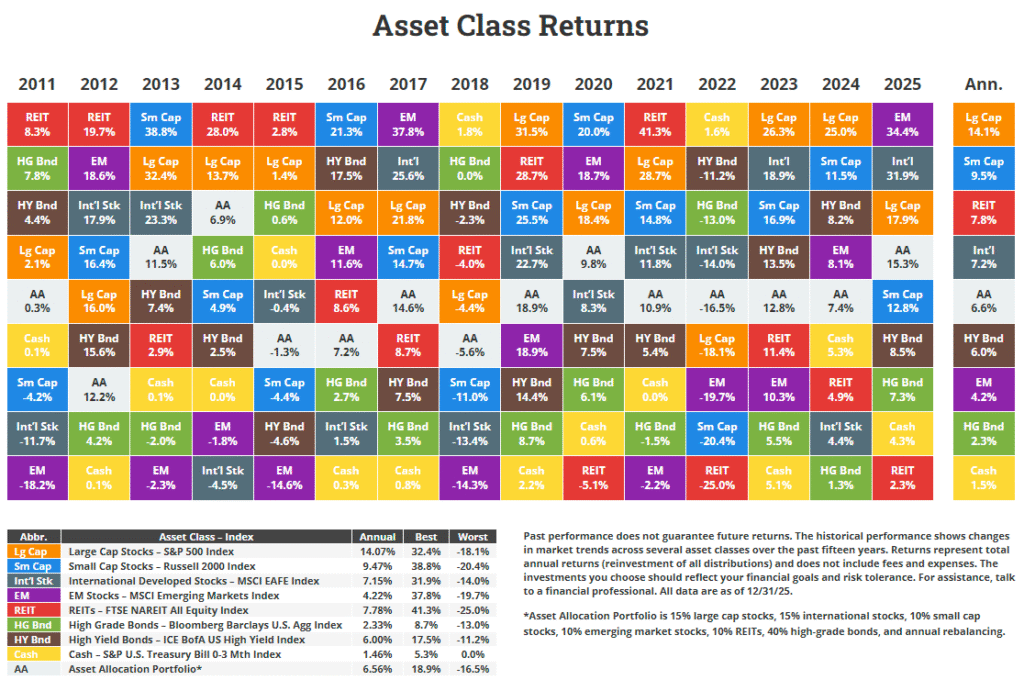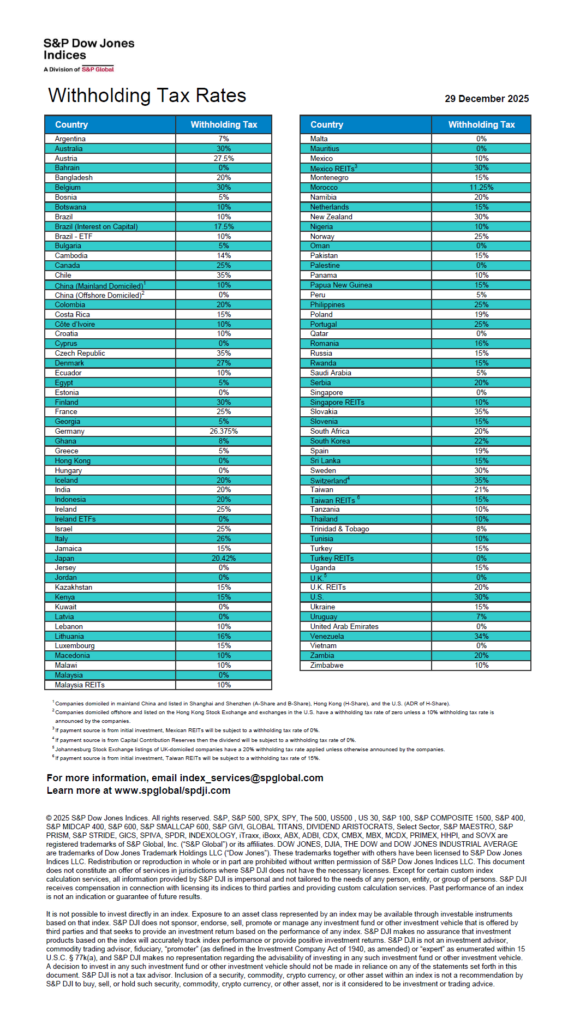Executive compensation is out of control globally. Since most of the stock in major corporations are owned by institutions the majority of them support exorbitant pay structures for the management for fear of antagonizing them and potentially lose their business. As a result, many corporations have become the tiny little piggy bank for executives to extract as much wealth as possible during their term in one firm and then move on to another to repeat this process.
A recent research report by index provider MSCI showed that high intracorporate pay gaps leads to lower profit margins. In other words, if the pay gap between the highly paid executives and lower-level workers is high then the company producer lower profits. Lower profit margin eventually lead to lower investment return for shareholders as stock prices move based on the fundamentals of a firm.
From a news report on the MSCI report:
Research by MSCI into pay gaps between executive and rank-and-file workers in companies suggests that those with narrower differences produce better investment returns.
In its report – Income Inequality and the Intracorporate Pay Gap – MSCI notes that immediate performance objectives, such as maintaining dividends, share buybacks and quarterly earnings lead to short-termism, in which labour is reduced to a cost issue to be minimised, rather than be seen as an asset to create long-term value.
For investors, the evidence suggests that the issue could become increasingly important when determining which companies in which to invest; for example, income inequality is estimated to have increased in 63% of countries globally between 1980 to the current decade.
MSCI cites other evidence too, such as higher average profit margins for companies with lower intracorporate pay gaps in the 2009-2014 period, across all sectors except materials.
It said labour productivity was lower for companies with higher intracorporate gaps over the period.
Source: Pay gaps reveal which companies to invest in, Investment Europe, April 7, 2016
Here are the key findings from the MSCI research report:
We observed a relationship between the intracorporate pay gap (the gap between highest paid executives and average worker salary) and country income inequality during the period between 2009 and 2014.
Comparable to economic research cited in this paper suggesting country income inequality tends to slow GDP growth across countries, we observed that between 2009 and 2014 average profit margins were higher for companies with lower intracorporate pay gaps across all sectors except Materials.
We estimate that the Consumer Staples sector had the highest intracorporate pay gap globally; in the US the highest gap was seen in the Consumer Discretionary sector. Both sectors are likely to be highly impacted by movements advocating for adjustments to minimum wages in certain countries.
Labor productivity, measured by sales per employee, was lower for companies with higher intracorporate pay gaps on average during the study period, a finding we noted in nine of ten GICS sectors.
Source:INCOME INEQUALITY AND THE INTRACORPORATE PAY GAP by Samuel Block, April 2016, MSCI
Implications for investors:
- If a company awards way too much compensation for executives in terms of stocks options and other awards investors may want to be cautious.
- Investors should also be leery of companies that try to boost stock prices in the short-term with big buybacks.
- Some hi-tech companies are notorious for making billionaires and millionaires almost overnight when they go public. These firms are known to hand out huge stock options to their executives, friends and family, board members, highly ranked employees like giving out candy. Many retail investors will lose their investment as stocks collapse in a few months or years when early investors such as VC firms and those with stock options cash out. So better to away from these firms.
In summary, high compensation for executives can be justified when a firm makes huge profits and shareholders and employees benefit from the success. However if ordinary workers and investors are soaked dry when those running the firms make out like bandits then it must be condemned. Since no regulations exist to prevent excessive compensation to insiders and retail investors do not have the power to change management, the only thing retail investors can do is avoid such companies by not investing in them.



